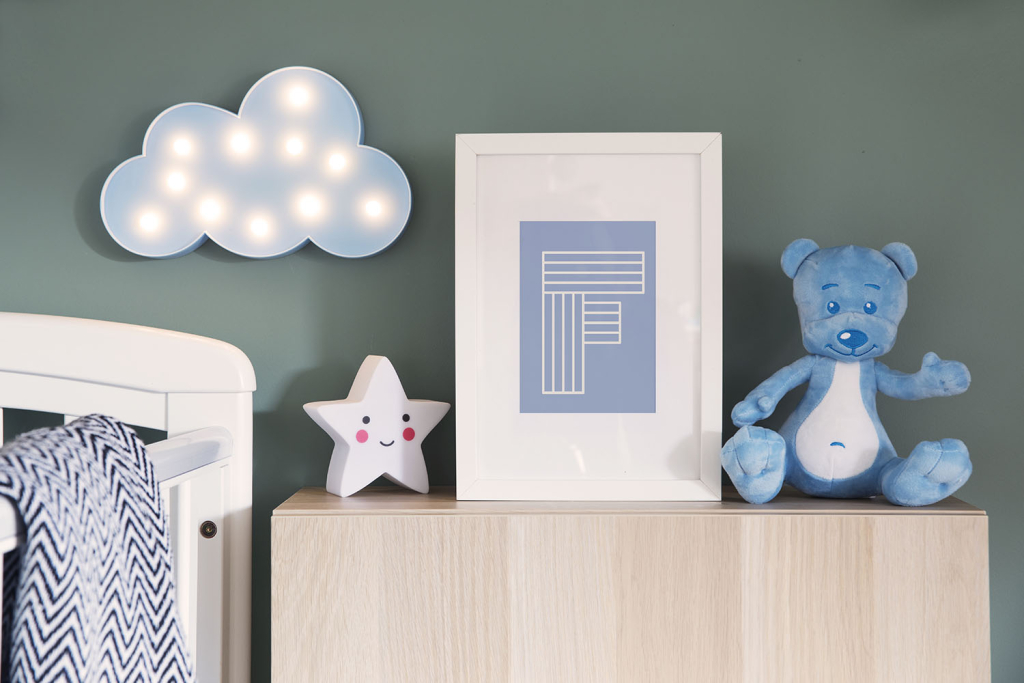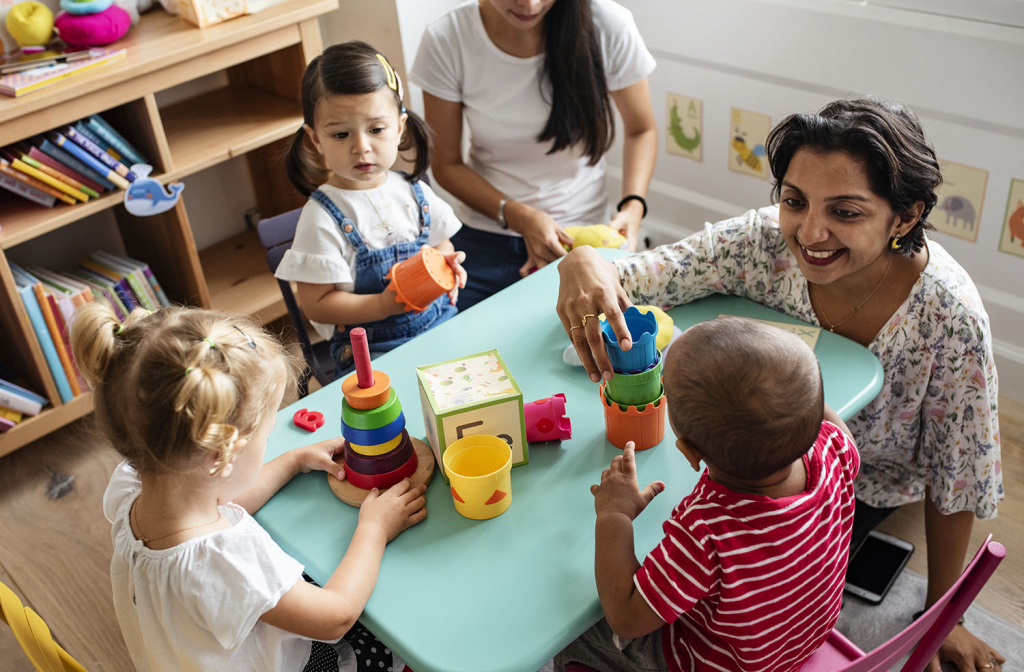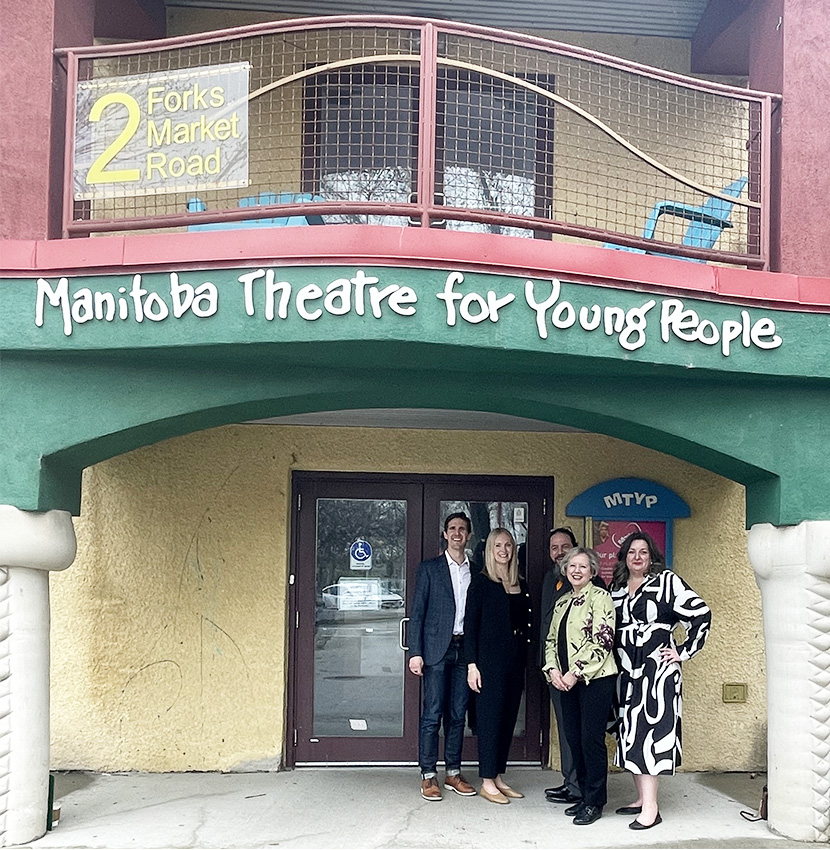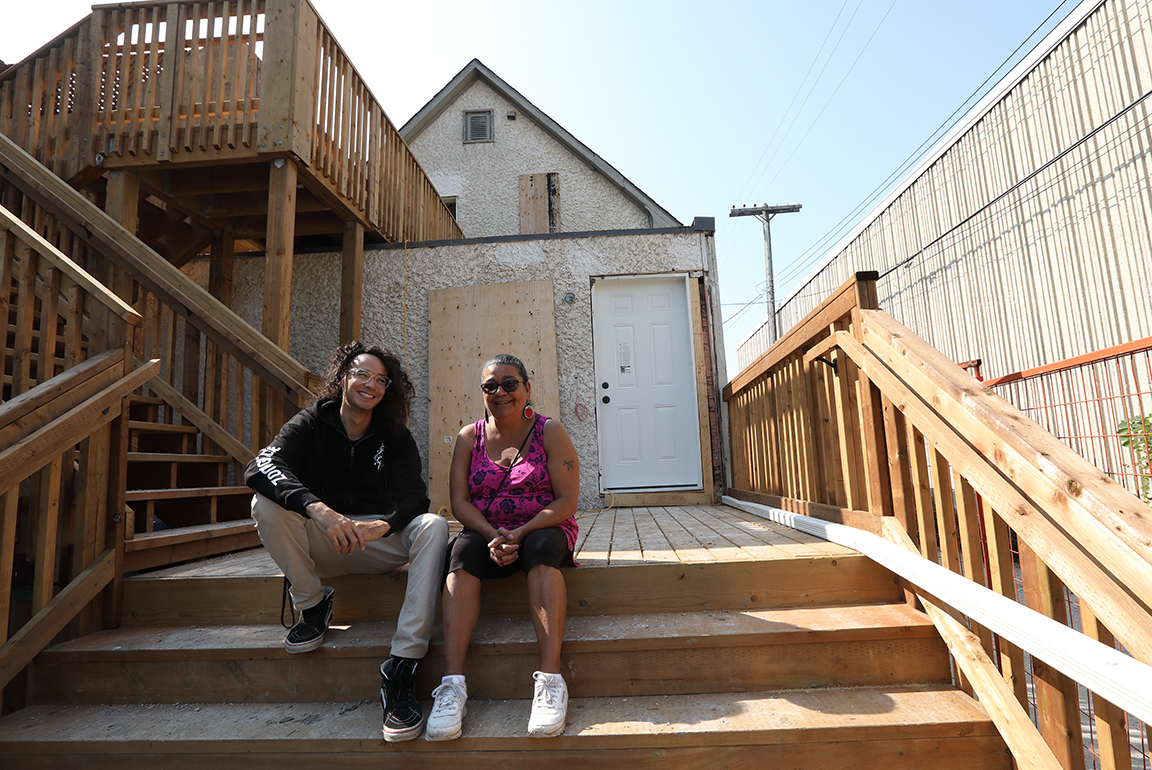Posted: January 13, 2022 by Asterisk Blog in Money tips, Spend, budget for baby, budgeting to raise a child, Canada, cost to raise a child, Government Benefits, Government of Canada, Government of Manitoba, High rate savings account, insurance policy, Life Insurance, Manitoba, Manitoba Child Care subsidy, Parental leave, RESP, term life policy, The Canadian Centre for Policy Alternatives, Winnipeg
Thinking of starting a family? Learn how much it may cost to raise a child in Canada
You’ve returned from the hospital with your little bundle of joy—having done your best to prepare for the sleepless nights, the dirty diapers and all the changes on the way. But are you prepared for how much it will cost to raise a child in Canada throughout the next 18 years?
You’ve probably noticed that your tiny new family member has already cost you quite a bit. Perhaps you’ve had to get a bigger house to accommodate them. Plus, you’ve likely spent savings on maternity clothes, baby clothes, nursing equipment, sound machines, a bassinet, car seat, stroller, nasal aspirator…and the list just seems to go on and on.

So if you are thinking of starting a family, planning for a little one on the way, or already have some rug rats around the house, we’ve compiled information on some of the costs the average Canadian family can expect to encounter over the next two decades or so.
Budgeting to raise a child in Canada
Estimates show it can cost $253,954 to raise a child to age 18 in Canada, with the biggest line item being childcare, then increased transportation, food and household costs. Truthfully, how much a child costs depends on what kind of lifestyle you want to live—and the amount you may need to spend can be far less or far greater than that.

Either way, it’s a good idea to plan the rough costs so you’ll know how much you’ll need to save and budget. Every family is different, so you can use a planning calculator, and put these costs into your budget well in advance. Plus, don’t forget to save a little extra for emergencies and the unexpected. Kids are full of surprises!
Initial baby costs
While there are the basics like cozy blankets to wrap around your little one, milk, bassinet, diapers and clothes, this can also be the tip of the iceberg in this day and age. We’ve developed quite a few gadgets and gizmos to make that first year or so easier on parent and baby.
You can expect to shell out about $3,000 on basic start-up costs at the medium to high-end (a crib, change table, stroller, car seat, high chair, bathtub) and $2,000 a year on diapers, wipes, cream, etc.
However, you can also cut these costs by deal hunting, shopping second-hand or making things yourself.
Government benefits
The federal government offsets a good chunk of these day-to-day costs through the Canada Child Benefit, which pays up to $569 monthly per child under six to eligible families. For kids aged 6 to 17 years, the benefit is around $480 per month. You can also use the government’s child and family benefits calculator to see what you may qualify for, including the payments you could receive.
New to Canada? Newcomers may be able to apply to SEED Winnipeg’s RESP Referral program, helping to reach your child’s education savings goal. In addition to getting support for opening your RESP, you may also qualify for the Community Schools Investigators (CSI) summer enrichment program. Learn more.
Household income
Far more significant is the impact on your household income when a parent exits the workforce—even temporarily on leave.
We’re extremely lucky in Canada that employed individuals have 18-month parental leave, but unless your job tops you up, employment insurance only covers 33 to 55% of your previous salary, up to about $51,000. Keep in mind, that income is also taxed.
To counter this, it’s a good idea to build your financial life around the fact that you’re likely to have a reduced household income for a few years. For example, if you’re home and mortgage shopping, get one that you can comfortably afford on one income. Likewise, avoid taking out a three-year lease on a car that you can only manage on two full-time salaries.

Read more about family budgeting here.
Create your own fund for maternity leave and paternity leave
If you’re planning for a future baby, then you can get a head start and create your own parental leave fund. As soon as you’re sure you want to start a family, or at least during pregnancy, try to live on the same household income you’ll receive during your parental leave year.
Stash the extra cash in a High Rate Savings account and use it to fund the unexpected expenses that crop up. You’ll also be used to living on a smaller portion of your salary, so it won’t come as such a shock. In fact, you may find it an exciting challenge.
Life insurance
An essential additional expense is purchasing an adequate term life insurance policy. This is particularly important to explore when a family is dependent on a single income, or if one parent is weighing the pros and cons of leaving their job.
The price of life insurance varies depending on your provider and variables. For example, you may explore getting a 20-year policy with a $1 million payout as a 30-year-old non-smoking person. Your provider will get into these details.

Daycare / Child care
Once your parental leave is up and it’s time to return to work, the next financial hurdle to overcome is childcare. You may choose to get help or take care of your child throughout the day alone, but either way, it can be the most expensive part of having a toddler since you’re looking at an additional monthly expenditure or the loss of one income altogether.
Through the Manitoba Child Care Subsidy, you can also get provincial support to help with the cost of care for kids between 12 weeks to 12 years. Through their calculator, you can also determine the amount you might receive, which you can add to your budget.
The Canadian Centre for Policy Alternatives calculates that child care in Winnipeg will cost, on average, $651 for infants and $451 for toddlers and preschool-aged kids. Yearly, that’s around $5,400 to $7,811 you should expect to budget for child care until around age five.
School-aged children and teenager activities
Once the child care conundrum is over, kids expenses can get a lot leaner—if you want them to. This stage of life is really where the “lifestyle” factor comes in.

It’s up to the parent to decide how much they want to spend.
- Do you want to enroll your kids in extracurricular activities? (For example, skating lessons can be around $130 a season.)
- Do you want to send your child to private school? (If so, budget $15,000 to $25,000 a year).
- Do you want to feed your kids exclusively organic meals? (Add an extra 20% or so to the grocery bill).
- Do you want to send your kids to sleep away camp? (Budget at least $1,000 per month of camp).
- Do you want to fund their post-secondary education? (Target at least $2,500 annually for 14 years to get the maximum RESP grant).
Education Savings Calculator: Use this handy calculator to learn how much you can save for your child’s education.
Saving for the future
The savings you’ll need and the expenses of raising a child in Canada will also depend on your work, family and friend support, retirement goals and other priorities. Remember that the most important things kids need are love and stability—which are free.
Ultimately, having a baby is an emotional decision, not just a financial one. But it helps to have a picture of the spending involved so you can create a realistic budget and start saving.

Looking for help with your long-term financial planning, including how to save and invest to cover the costs of raising a child? An ACU financial advisor would be happy to help. Book an appointment today.
Up Next
Advice/Perspectives, Community stories
Read more ›
Manitoba Theatre for Young People dreams big with new campaign
A home for creativity and imagination for generations, Manitoba Theatre for Young People (MTYP) has helped thousands of children and youth across the province discover the joy of theatre since…
Advice/Perspectives, Community stories
Read more ›
Zoongizi Ode creates housing solutions to help Indigenous youth aging out of care
For the past decade, Indigenous-led not-for-profit organization, Zoongizi Ode (Zoon-gai-zai O-day), has been working on smoothing the transition for Indigenous children aging out of Manitoba’s child welfare system. Along with…
Money tips, Save
Read more ›
How much money should I save for retirement?
‘The best is yet to come!’ If this classic saying holds true, then your retirement is certainly something to look forward to! Leisurely time with family, friends, travel and hobbies…




